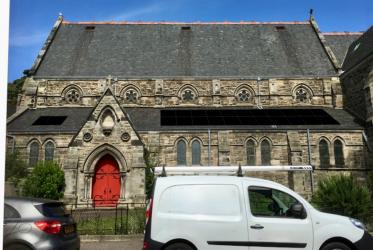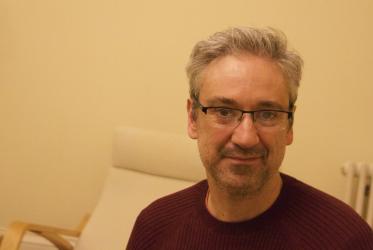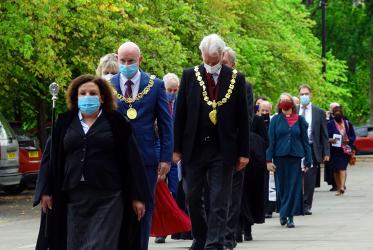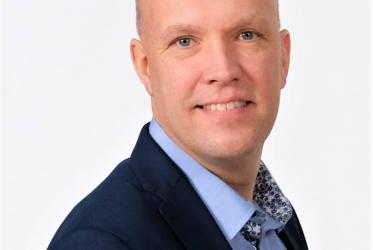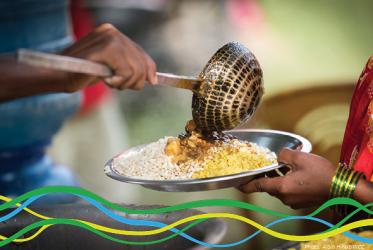Displaying 21 - 40 of 67
Media accreditation opens for the 11th WCC Assembly
31 January 2022
Ecumenical service for COP26
07 November 2021
Rethinking Ecological Relationships in the Anthropocene era
11 - 13 February 2021
Christian unity strengthens between Sweden, Malta
23 January 2020
Ecumenical prayer on the occasion of the Week of Action to Fight Inequality
20 January 2020
Ecumenical Centre
Regional Webinar on Racism, Xenophobia and Discrimination in The Middle-East
25 November 2019
Online






